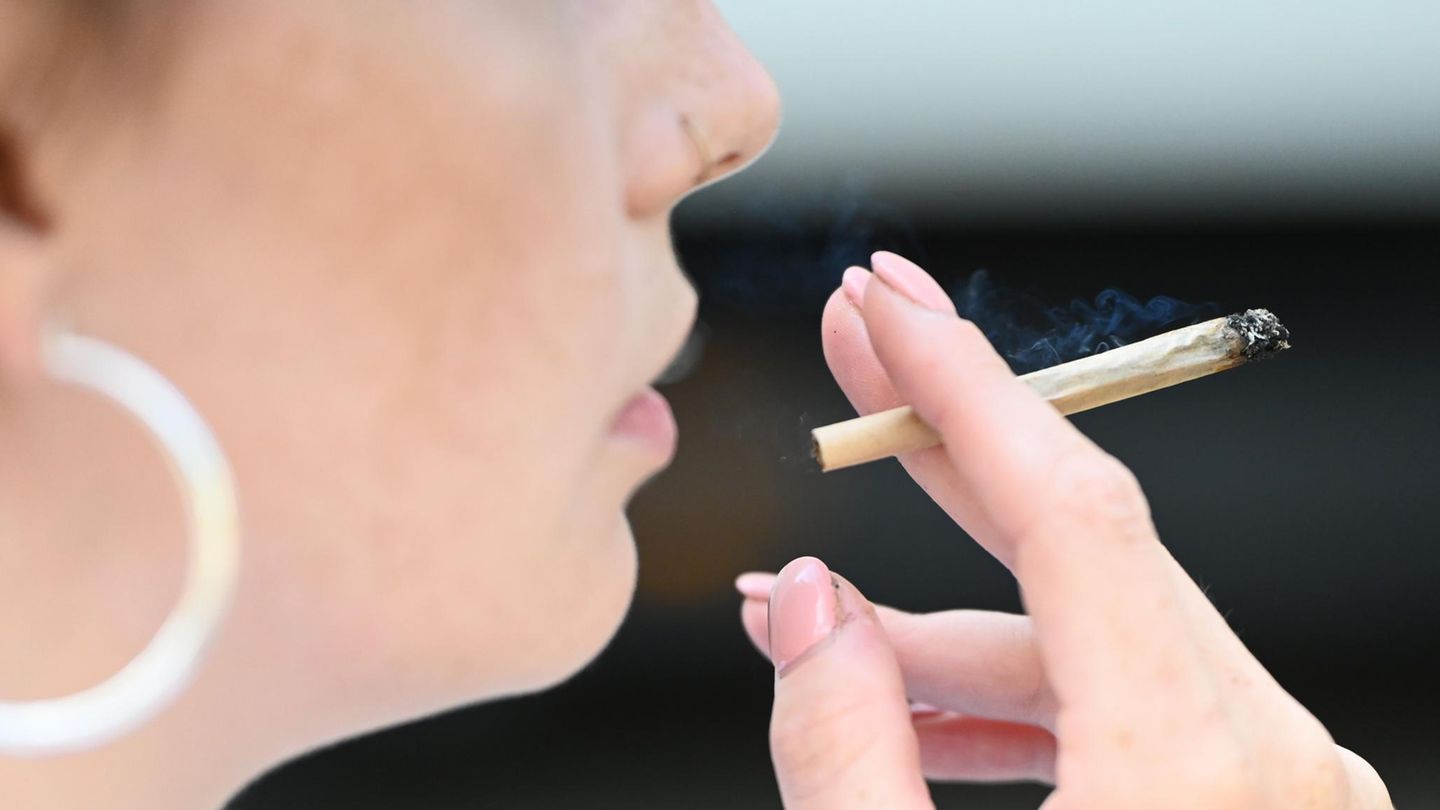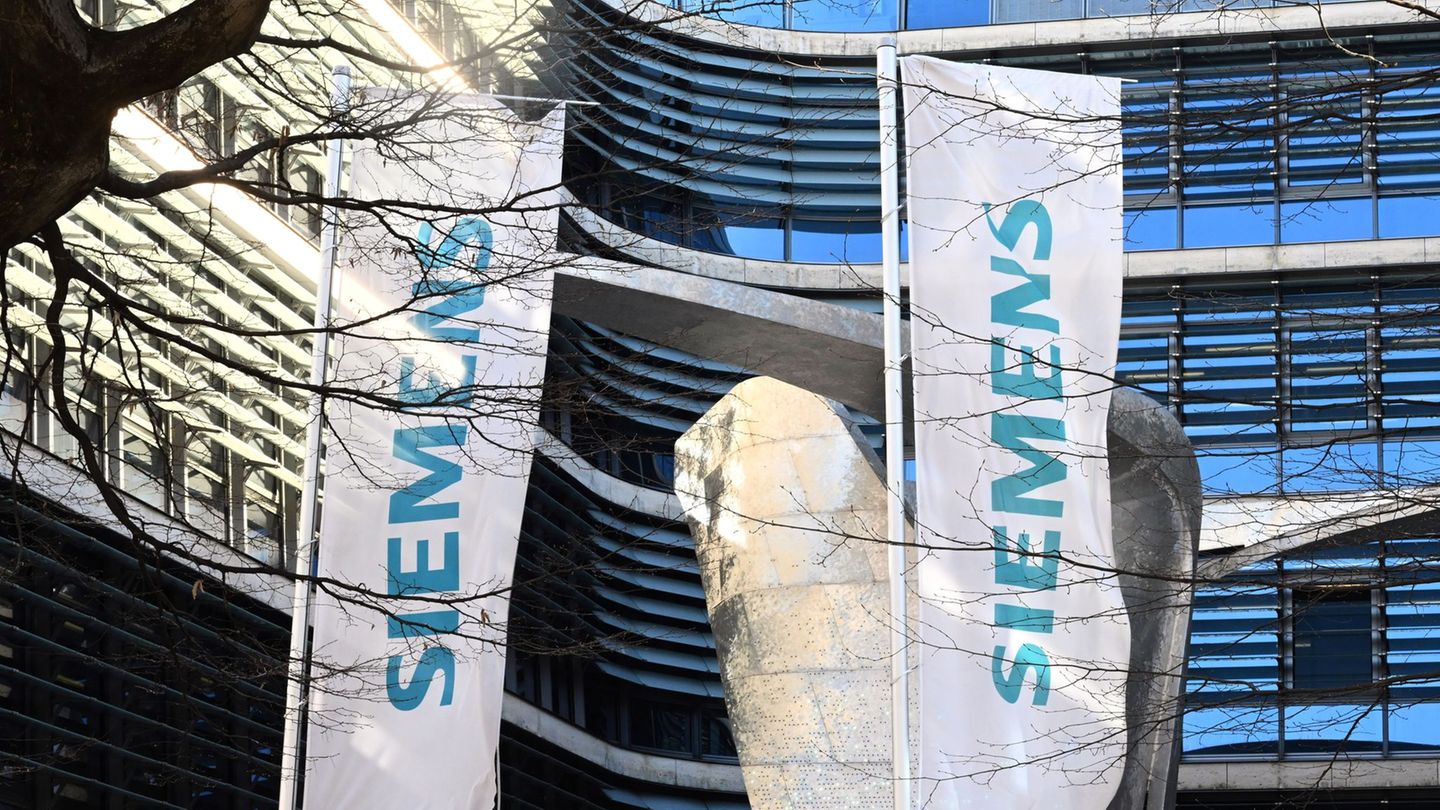Dangerous interaction
A woman’s liver cells dissolve. Guilt is a drink
Copy the current link
During a routine check, a woman’s poor liver values are noticed. Your cancer medication could be the cause. Or is it because of her new tea?
The woman actually only came to the Grenoble University Hospital for a check-up. But what the doctors found in her blood was worrying: catastrophic liver values. In particular, the massive increase in the level of a certain enzyme indicated that some of the liver cells were beginning to dissolve.
The fact that the patient apparently didn’t notice anything was not unusual: Liver damage is often only discovered late because the liver tissue is not permeated by pain-conducting nerves.
What had affected the liver so much?
The woman actually had liver risk – due to a medication she was taking. She was a 48-year-old tumor patient and suffered from a form of lung cancer with an unpleasant characteristic: a gene in the cancer cells was overactive, which constantly drove the cells to produce too much of an enzyme from the group of tyrosine kinases. As long as things are going well, these enzymes control the smooth transmission of signals from body cell to body cell. When they get out of control, tyrosine kinases also drive the growth of tumors, as in this patient. In order to slow down the overactive tyrosine kinase, the woman was prescribed an enzyme blocker after her chemotherapy. She swallowed the tyrosine kinase inhibitor crizotinib twice a day. In fact, this drug can also affect liver enzymes.
The doctors did an ultrasound but only saw mild fatty liver disease. Other laboratory values for viruses, parasites or autoimmune diseases remained unremarkable. A liver biopsy was ordered for clarification. In the tissue removed, typical cell damage of hepatitis, which is caused by medication, was actually found. Was the tumor drug to blame? But the woman had been taking crizotinib for more than a year – and her liver values had always been in the green. Just recently, an enzyme level had skyrocketed dramatically. By the way, also the crizotinib level in the blood – even though she hadn’t changed the dosage. Crizotinib levels continued to rise two days after the woman stopped taking the cancer drug. What was going on in her body?
Ginger tea with interaction
During the conversation, the patient talked about a new favorite drink: tea made from grated ginger with lemon juice and honey. For a few weeks she had often been drinking more than a liter of it per day. Ginger is considered anti-inflammatory and can relieve nausea, but is also known to have possible interactions with medications: heart patients who take blood thinners are not advised to use ginger because the plant is suspected of disrupting clotting. It is known from laboratory tests that ginger inhibits the detoxification systems of the liver – such as the enzyme Cyp3A4, which also breaks down crizotinib.
Since doctors were able to rule out other causes of hepatitis, they thought it was very likely that the crizotinib had attacked the liver after the ginger tea had shut down detoxification. The patient should first stop taking both. After three months, her liver function had normalized. “Doctors and patients alike should be aware that interactions are possible between medicinal plants and prescribed medications,” warn the authors in their case study, which appeared in the “British Journal of Clinical Pharmacology.”
This text first appeared in March 2023.
Published in stern healthy living 03/2023
Source: Stern
I’m Caroline, a journalist and author for 24 Hours Worlds. I specialize in health-related news and stories, bringing real-world impact to readers across the globe. With my experience in journalism and writing in both print and online formats, I strive to provide reliable information that resonates with audiences from all walks of life.




